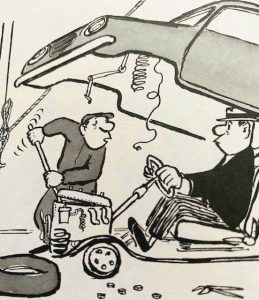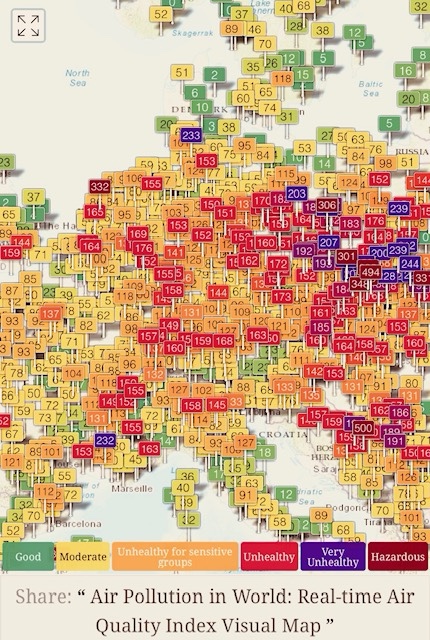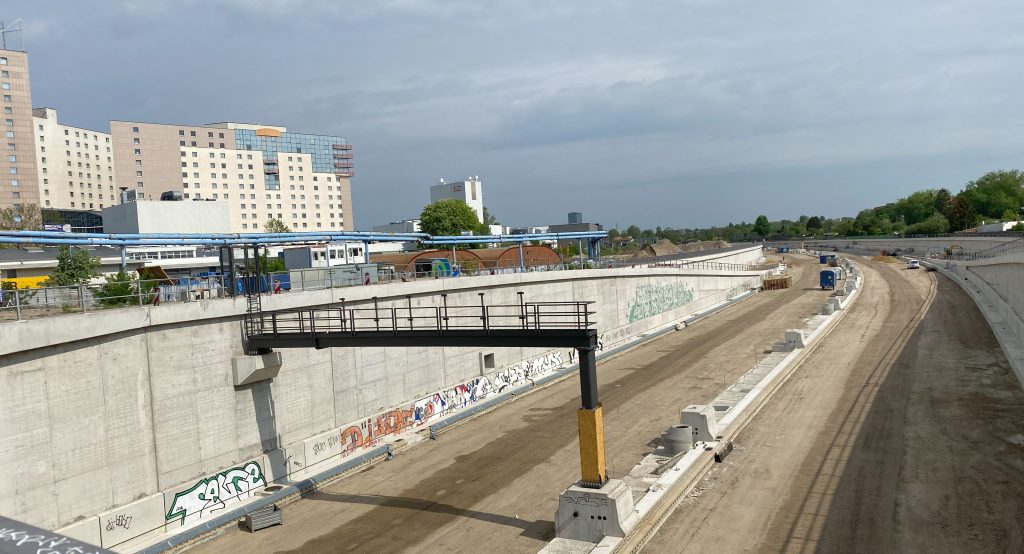Particularly around holiday seasons across the whole year we observe the “emergencification” in modern societies. This not so new trend consists in the strategy to artificially create emergency situations in which it is considered reasonable to ask for higher prices. It appears to be just another kind of a “greedflation”, whereby extra profits can be reaped due to shortages of food or particular forms of energy. Medical services have also pushed for an emergencification of their services due to ever longer waiting queues for appointments and treatments. The strategy here is easily disclosed. (1) You decline any appointment earlier for inspection of cars, heating systems, office equipment or medical check-ups and sooner or later a “planned” emergency will arise, which allows you to charge higher prices than the routine in time appointment or treatment. This makes prevention of more costly interventions far more difficult. In sum, the costs to society as a whole rise by the simple way of emergencification.
Even using a repair platform, we did not receive a single offer for a more lengthy and costly repair of my 10+ year old car. Hence, we just wait for a breakdown with more serious and costly consequences. Unfortunately, the same holds true for many medical services. If you no longer manage to assure a timely consultation you are more likely to go directly to the emergency services of a hospital. This is then the costly, but only alternative left to you. In the artificially created emergency you have little room for negotiation and a choice of different offers and conditions. It is a shift in negotiation powers to the service provider. The emergencification creates a price inflation of a specific kind. Worryingly, this kind of inflation is well beyond the normal statistical measurement of inflation national statistical offices observe. In addition to the much debated “greedflation” we should deal with the emergencification as an additional price mechanism. Just ask about examples among your friends or in the neighourhood whether they have lived through an example of emergencification. The stories are abundant and full of surprises. The example I heard: “birth and death, both come as a surprise or emergency, and yet we have the whole life to prepare the latter one”. Part of image taken from “Loriot “on the pleasures of driving (2022. Subtitle:” I suppose the screen wipers caused the trouble”.






